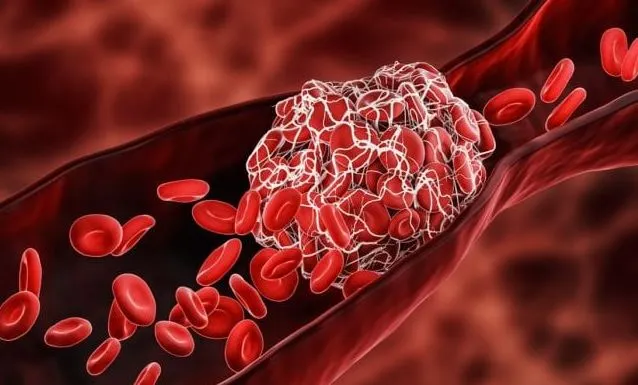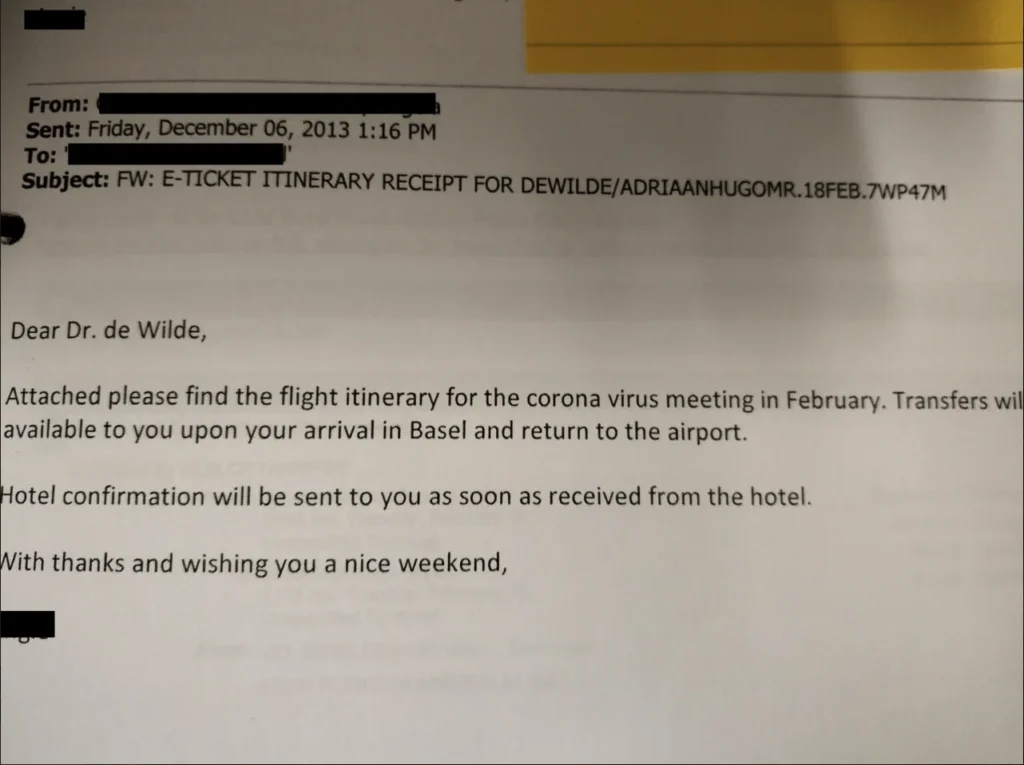The U.S. Centers for Disease Control and Prevention’s Advisory Committee on Immunization Practices (ACIP) convened its September 18-19, 2025 meeting amid growing scrutiny of mRNA COVID-19 vaccines, marking a seismic policy pivot. In a unanimous 12-0 vote, ACIP abandoned routine recommendations for Pfizer-BioNTech and Moderna shots across all ages 6 months and older, opting instead for “shared clinical decision-making.” This requires providers to discuss individualized risks and benefits, ensuring informed consent while preserving insurance coverage. The shift reflects dismal uptake – only 13% of children 6 months to 17 years were up-to-date by April 2025 – and acknowledges the insufficient pediatric data on efficacy against emergency visits or severe illness.
Discussions, led by a revamped panel under HHS Secretary Robert F. Kennedy Jr., exposed foundational flaws in mRNA technology. MIT’s Retsef Levi framed the debate, highlighting the very low-quality efficacy data plagued by biases in test-negative designs, which overestimate protection against hospitalization, ICU admission, death, and long COVID. Vaccine effectiveness (VE) for 2024-2025 boosters hovered at 44-46% in immunocompromised adults 65+ against hospitalization, with no reliable number needed to vaccinate (NNV) calculable for subgroups. Randomized controlled trials (RCTs) showed no all-cause mortality benefits, and UK estimates diverged sharply from CDC figures, fueling debates on short-term booster gains versus potential negative efficacy – increased vulnerability to other respiratory viruses post-repeated dosing.
Safety concerns
Safety concerns dominated, with workgroup leads Dr. Wafik El-Deiry (Brown) and Dr. Charlotte Kuperwasser (Tufts) detailing “baffling” uncertainties. mRNA and lipid nanoparticles exhibit wide biodistribution – crossing the blood-brain barrier to accumulate in spleen, eyes, liver, heart, testes, and brain – persisting up to 709 days, according to autopsies detecting spike protein sans viral RNA. Frameshifting from pseudouridine yields rogue proteins up to 10-fold, while plasmid DNA/SV40 contamination exceeds FDA limits, risking genomic integration. Prolonged immune responses include IgG4 class-switching (tolerizing effects, potential tumor evasion) and cytokine storms lasting months.
Myocarditis emerged as a flashpoint: Dr. Bruce Carleton (BC Children’s Hospital) presented genomics data linking genetic markers to elevated risk, with subclinical cases up to 3% post-vaccination. Korean surveillance reported 95 severe instances, 85 ICU admissions, 36 fulminant cases, and 21 deaths – including 8 sudden cardiac arrests under 45. Levi cited autopsies of two teens dying from subclinical myocarditis, causally tied to mRNA shots, with unknown long-term prognosis (2.5-fold higher cardiovascular mortality a decade post-diagnosis in general cases).
Post-vaccine syndrome (PVS) – overlapping long COVID with dysautonomia, autoimmunity, neuropathy, clotting – remains unmonitored, leaving injured “abandoned.”
Pregnancy risks
ACIP Meeting Workgroup deliberations on pregnancy risks ignited controversy during Day 2, revealing no randomized controlled trials (RCTs) support mRNA vaccination in pregnancy, with Pfizer’s small (n=300) blinded trial (NCT04754594) showing a fourfold fetal anomaly imbalance (8 congenital anomalies in 156 vaccinated vs. 2 in 159 unvaccinated; ~5% vs. 1.3% rate). Most workgroup members (11/12) opposed routine recommendations due to low-quality observational data and unresolved risks like spike persistence crossing the placenta.
Dr. Henry Bernstein contradicted and claimed there were no increased risks for mothers or infants, birth defects included, urging maternal shots for antibody transfer to infants. Liaison Dr. Sandra Fryhofer then pushed for maternal immunization, saying babies are at the highest risk of getting hospitalized in COVID-19 and that maternal vaccination lowers that. She also went on to question the workgroup’s “erosion of committee integrity” amid HHS changes under Secretary RFK Jr. and an August 2025 funding cut for mRNA studies. During Pfizer’s statements, Chair Martin Kulldorff interjected: “Are you denying that there were eight birth defects in the vaccinated and two in the unvaccinated? Are those numbers wrong?” Pfizer’s Head of Vaccine Development (Dr. Lakshmi Panaganti) denied the disparity as meaningful, stating the rates “match what you would expect in the general population” (~5% baseline). She referred Kulldorff to tables on Pfizer’s website but, when pressed for clarification, declined to elaborate further; other reps refused comment. Broader concerns reinforced the opposition, with no formal pregnancy vote taken – deferred for future data, forming a new pregnancy vaccines working group.
ACIP later voted 11-1 to update Vaccine Information Statements (VIS) for comprehensive consent, adding warnings on low-quality data, immune changes (IgG4 switch), myocarditis deaths, post-vaccine syndrome (PVS), spike persistence (709 days), and pregnancy gaps. A 6-6 tie on prescription requirements (broken by Kulldorff’s no) rejected them, balancing access (90% pharmacy doses) and risks. New groups also formed on PVS care.
This session signals eroding confidence in mRNA’s “safe and effective” mantra, amid 90% non-uptake and calls for retraction. As Kulldorff challenged ex-officials to debates, the meeting underscores a reckoning: Prioritize rigorous RCTs over expedited EUAs, safeguarding public health from unproven gene therapies.





